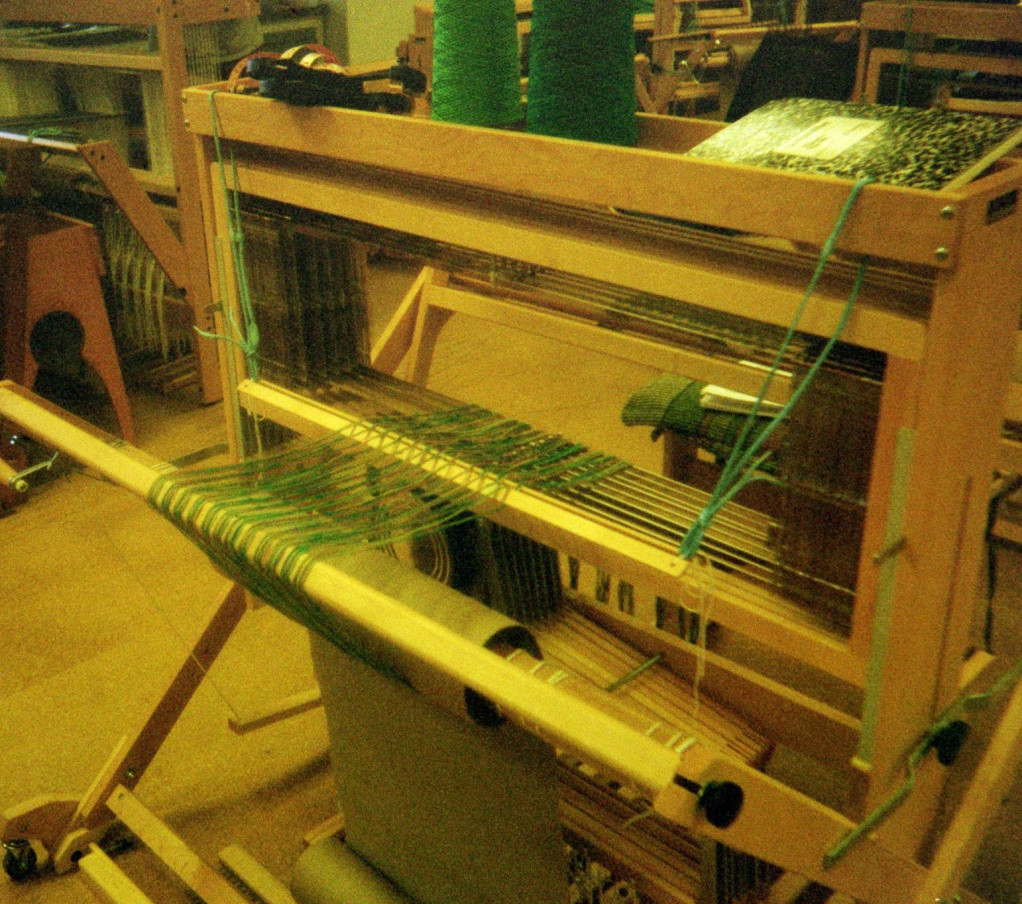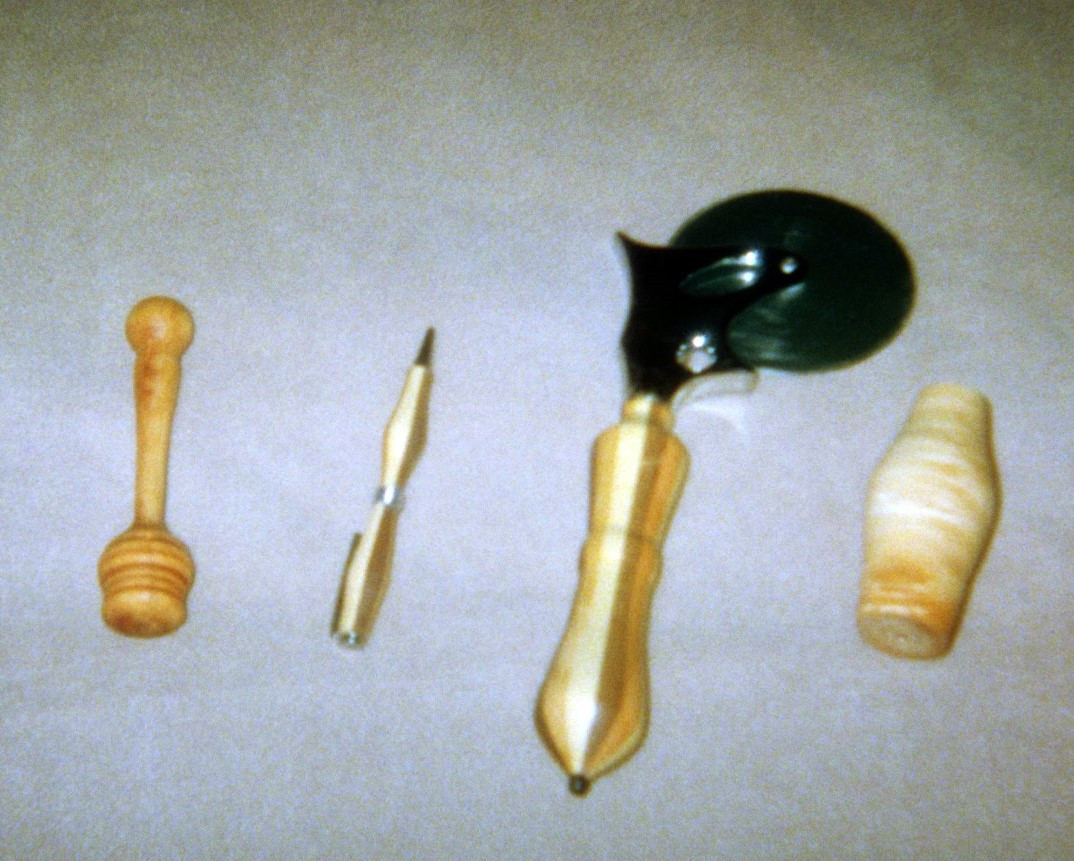People who grow up on farms, or live in rural areas, pick up many homestead skills that are very useful. Knowing how to milk a cow; fix a tractor; butcher a pig; put up a fence; repair a chicken coop; ride a horse; sew and mend clothes with a machine or by hand; and others are part of living in the country. Parents, grandparents and neighbors are likely teachers to get help with all the chores.
Where You Can Start
Whether you had this opportunity or not, it is still possible to learn these homestead skills you may need. The Internet is a great place to start, especially for videos on a skill in which you are interested. This is not the same as “hands on” learning, but it can still provide an idea of what is involved. Not all videos will be easy to follow, so it may take some research to find the best instructors. Their websites will usually have additional resources and books that can broaden knowledge.
Hands On Learning
Obviously, the ideal way to pick up a new skill is “hands on.” People in our area have provided information on raising goats and ducks, and growing vegetables and fruit trees. Most people are willing to answer questions about how to do what they are doing. We even got free goat milking experience by visiting one farm. A local nursery owner gave us valuable information on growing fruit trees and berry bushes in our area.
Folk Schools for Homestead Skills
More intensive hands on learning comes from classes, such as spending a weekend at the John C. Campbell Folk School in North Carolina. My husband started turning wood and I made a table runner woven on a loom. This was an enjoyable and educational vacation!
Weaving Class

The weekend started on Friday evening, after a delicious dinner. My instructor asked us to pick out the colored yarns we would use on our individual projects. They had an extensive collection with every color of the rainbow in a few different fibers each.
Weaving has a large number of technical terms, so I asked the teacher for a glossary, and she gave us one on Saturday. Our projects started with measuring the lengths of yarn and setting up the looms. By the afternoon it was time to start weaving. Loom preparation is time-consuming, but doing it properly is the only way to get a good final product.
Woodturning

My husband spent Friday night on basic instruction in woodturning tools and safe technique. His instructor checked that each student had the right tools before starting on their practice pieces. By the end of the weekend, my husband had used a lathe to turn an apple wood honey-dipper; and a pen and a pizza cutter handle from different combined colors of wood.
Weekend Showcase
After breakfast on Sunday, we had a chance to show off our creations. The end results from a weekend’s instruction were pretty amazing!
There were honey samples from a bee keeping class, kaleidoscopes, woven baskets, wrought iron pieces, a native flute performance, 3-D paper objects, carved wood, felted items, and water colors added to journals. John C. Campbell Folk School has a wide variety of classes available all year long.

More to Learn
After returning home, my husband took a local class in woodturning to advance his skills. He plans to make me a loom so that I can continue to weave things for our new home. The classes were just the beginning of what we can do with these skills.

Sounds like there are quite a few resources out there if you just go looking for them to hone the skills needed to make your homestead a success. I’m sure you’ll be taking advantage of other such classes on future get-aways. I’ll be waiting to hear what you learn.
I have lots of books already about the animals I want to raise, gardening, alternative energy sources, etc. The hard part is finding time to read the books I have. I want to make sure that any animals I have are healthy, taken care of well and flourishing; same for my plants, although they take more experience to really get great results.
I hear you there.
I’ve run into the same thing with cook books, but if you carry one around with you and read it any time you are waiting or someone is driving you somewhere you’ll be surprised how much you get through.
That’s my advice.
But you have your importances worked out and that’s what’s most important.
Yes, there are many ways to learn new things! Sometimes, when you want one thing, you have to learn several others to get it.